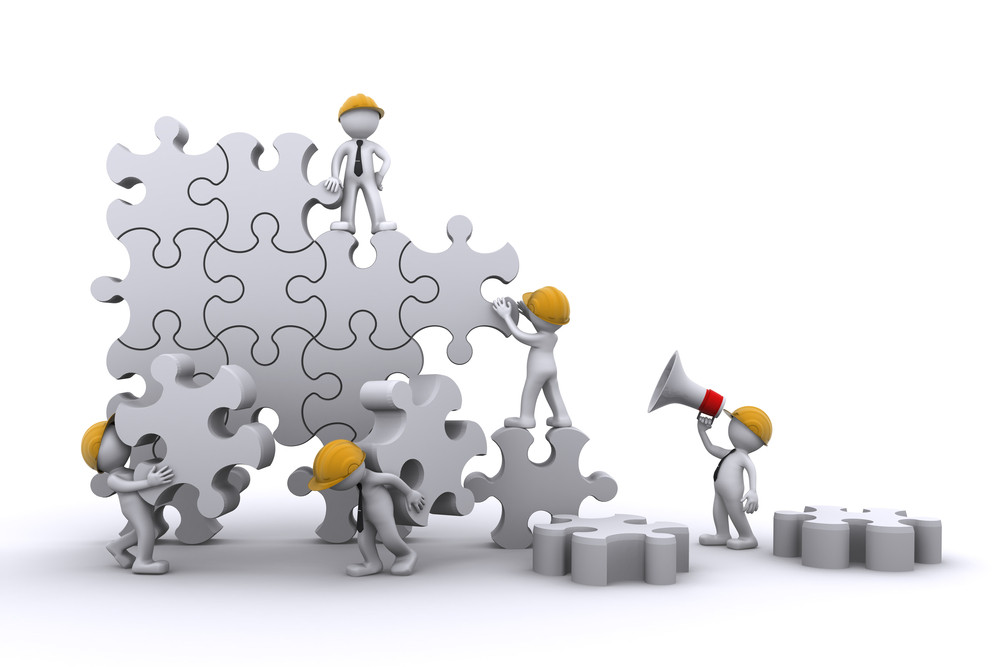Learn the Benefits of Puzzles in Early Childhood Development

As a parent, you want the very best for your children. But how do you achieve this?
Support their mental and physical development. Do this by presenting craft kits and other puzzles. Initially, the child will experience challenges in solving the problem.
But with consistent practice, for some months, they’ll be able to solve a 1000 piece puzzle frame. Even better, they’ll be able to solve other hard puzzles. Why?
Their brains will have changed. As you know, the movement gets the brain going. An active body is a recipe for a busy mind. Therefore, teachers should strive to make learning a hands-on affair.
Craft kits and other puzzles are deceptively small. The child needs to put the pieces together to make a whole.
However, despite the apparent simplicity, easy and hard puzzles are an ideal learning tool. They teach youngsters several life skills which include the following.
1. Boosts Self-Esteem
Nothing makes a child happier than solving a moderately tricky puzzle. It’s not easy!
Overcoming the challenges of solving a puzzle gives them a sense of pride and achievement. It also prepares them to be courageous when facing other challenges in life.
2. Improves Concentration
How long does your child concentrate on any single task? If it’s a minute long, you’re not alone.
According to experts, you should expect your child to concentrate at least two to five times their age. For a two-year-old kid, the concentration span is between four to ten minutes.
These statistics are worrying. You don’t expect a five-year-old to last between ten and 25 minutes. Do something to improve their concentration by introducing craft kits to your children.
The puzzle helps build the concentration muscles in your child. It’ll help them focus on a single task from the start to the end, uninterrupted.
Be careful when choosing a puzzle for your child. A hard puzzle might disorient the kid, forcing them to give up. One that’s too easy might not give the challenge to boost your kid’s focus and patience. Go for an age-appropriate craft kits puzzle for your kids.
3. Social Benefits
Your kids need to interact and play with other children. Completing a sports puzzle game gives them the platform to perform.
As they work together, they’ll brainstorm on where the piece of a puzzle needs to go. If they fail, they’ll support each other to handle the frustrations. They’ll also share the joy of completing a puzzle.
4. Builds Spatial Awareness
Adults and children perceive their world in different ways. For example, when a child is driving their toy vehicle under a bridge, you can easily spot that the bridge is small. But that’s not the case for your kid; they’ll only discover after the vehicle bumps into the deck.
The exercise helps create spatial awareness for your children. What does this mean?
It means being aware of who you’re in space and how other objects relate to you or themselves. It also reveals how relationships change once you move a single object.
When solving craft kits puzzles, spatial awareness comes to play. At first, the learners must identify the shapes and colors to see how the pieces fit together. With time, they’re able to do this in their heads instead of trial and error.
Research by the University of Chicago confirms the link between puzzle play and spatial awareness. It shows that children who play puzzles at two to four years improve spatial perception skills than those who don’t.
5. Improves Body Coordination
Playing puzzles is an engaging exercise. It requires a lot of trial and error, which involves the hands and eye manipulation. If the piece doesn’t fit, they’ll try doing it over and over again.
Get Your Kids Craft Kits
Kids, irrespective of their age, love to play with puzzles. At times, the habit is also prevalent among adults. But why puzzles?
It exercises the mind while changing your thinking capacity. It’s also a useful learning tool for kids and young learners.
